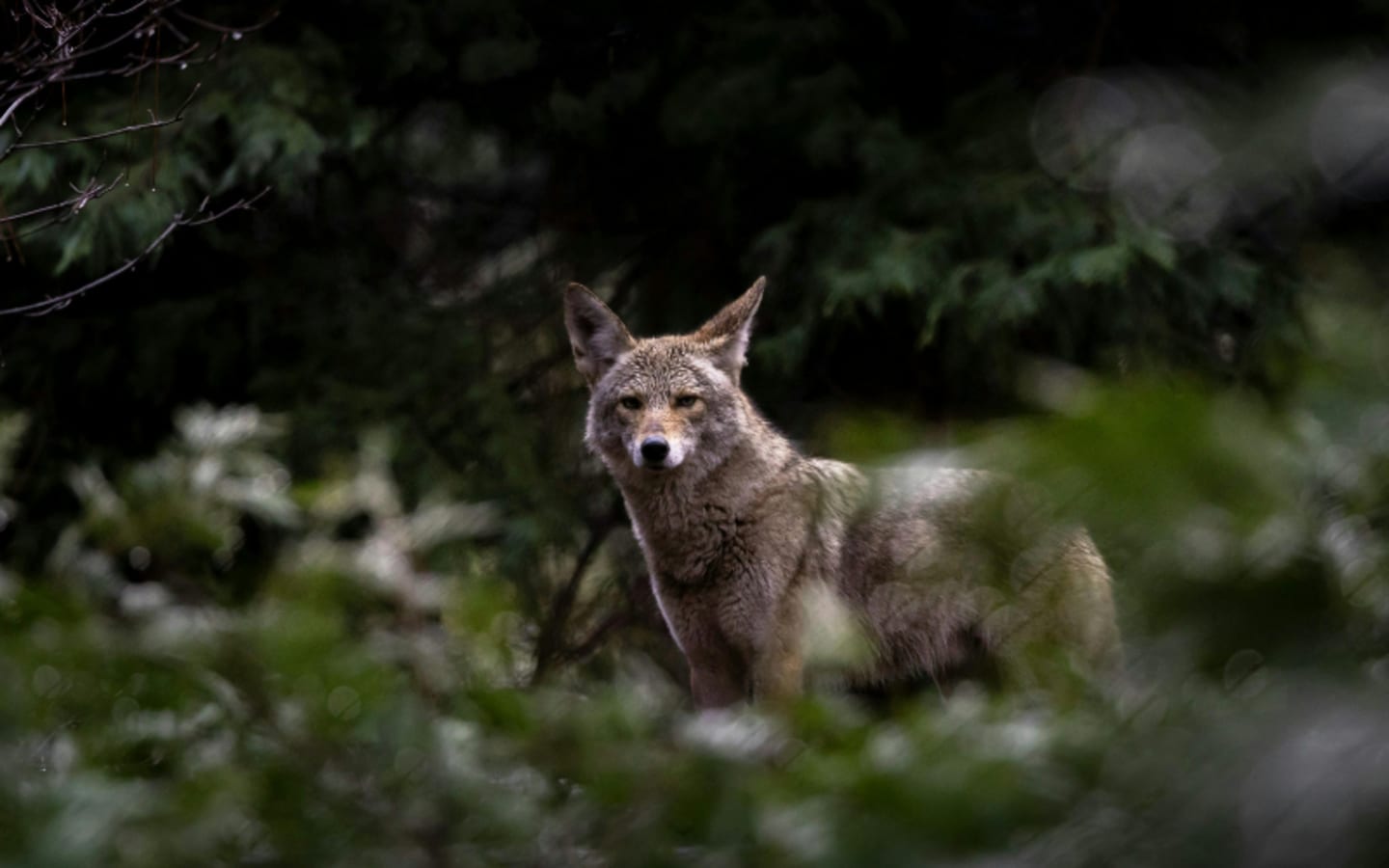In a decision that’s stirred up plenty of debate, an Ingham County Circuit Court judge upheld Michigan’s shortened coyote hunting season, siding with state regulators who aimed to protect newborn coyote pups. The ruling, handed down this week, has left some hunters frustrated but marks a win for the Michigan Natural Resources Commission’s effort to balance wildlife management with conservation concerns.
Last March, the commission voted 4-2 to shrink the coyote hunting season from a full year to nine months, banning hunting from April 15 to July 14. The goal was straightforward: give coyote pups a better shot at survival during their vulnerable early months. Coyotes, known for their adaptability and widespread presence across Michigan, typically give birth in the spring, and the commission argued that hunting during this period could disrupt dens and harm young pups. The decision wasn’t made lightly—it came after discussions with a state advisory group where most hunting and trapping organizations supported the change. They worried that hunting coyotes while pups were still in dens could tarnish the reputation of hunters, potentially fueling anti-hunting sentiments and stricter regulations down the road.
But not everyone was on board. Two hunting advocacy groups, the Michigan United Conservation Clubs and the Michigan Trappers and Predator Callers Association, took the commission to court, arguing the decision lacked scientific grounding. They claimed the shortened season was driven more by social and political pressures than hard evidence about coyote populations or ecological needs. For these groups, the fight wasn’t just about coyotes—it was about ensuring Michigan’s hunting regulations stay rooted in data, not public opinion or emotional appeals. Amy Trotter, CEO of the United Conservation Clubs, didn’t mince words after the ruling, saying the commission “violated their legal charge” by closing part of the season without solid justification. She warned that the decision could set a dangerous precedent, pushing Michigan closer to states with stricter anti-hunting laws.
Judge Morgan Cole, however, saw things differently. In her ruling, she stated that the commission had reviewed and used scientific evidence to make its case. While she didn’t dive into the specifics of the science in her opinion, she made it clear that the decision wasn’t arbitrary. The commission had weighed the data and acted within its authority, she concluded, dismissing the lawsuit and affirming the shorter season as legally sound.
The ruling hasn’t ended the debate. The United Conservation Clubs is already rallying its supporters, hinting at a possible appeal to the Michigan Court of Appeals. In an email to members, the group asked for donations to fund further legal action, signaling they’re not ready to back down. Meanwhile, the Natural Resources Commission has been mulling over whether to reverse course and reinstate year-round coyote hunting. Those discussions are ongoing, but no final decisions have been made, and it’s unclear how Judge Cole’s ruling might shape the commission’s next steps. Attempts to reach a commission representative for comment were unsuccessful.
For hunters, the shortened season changes the game. Coyotes, often seen as a nuisance by farmers and rural landowners for preying on livestock or pets, have long been a target for recreational hunters and trappers. Michigan’s year-round season previously allowed flexibility to manage coyote populations, especially in areas where conflicts with humans were common. The April-to-July ban, however, means hunters must sit out during a time when coyotes are raising their young—a period some argue is critical for keeping populations in check. Others, though, see the restriction as a reasonable compromise to avoid overhunting and maintain a healthy coyote population.
The controversy also highlights a broader tension in Michigan’s outdoor community. On one side, there’s a push to protect wildlife and ensure hunting practices don’t alienate the public or harm vulnerable animals. On the other, there’s a deep concern about regulations creeping in without enough evidence, potentially eroding hunting traditions that have defined Michigan’s rural culture for generations. Coyotes, adaptable and resilient, are at the center of this tug-of-war, but the real stakes are about how wildlife management decisions get made and who gets to make them.
For now, the shortened season stands, and hunters will need to adjust their plans. Whether the issue heads to an appeals court or sparks new proposals from the commission, the debate over coyote hunting in Michigan is far from over. It’s a reminder that in the world of wildlife management, balancing conservation, science, and tradition is never simple.





